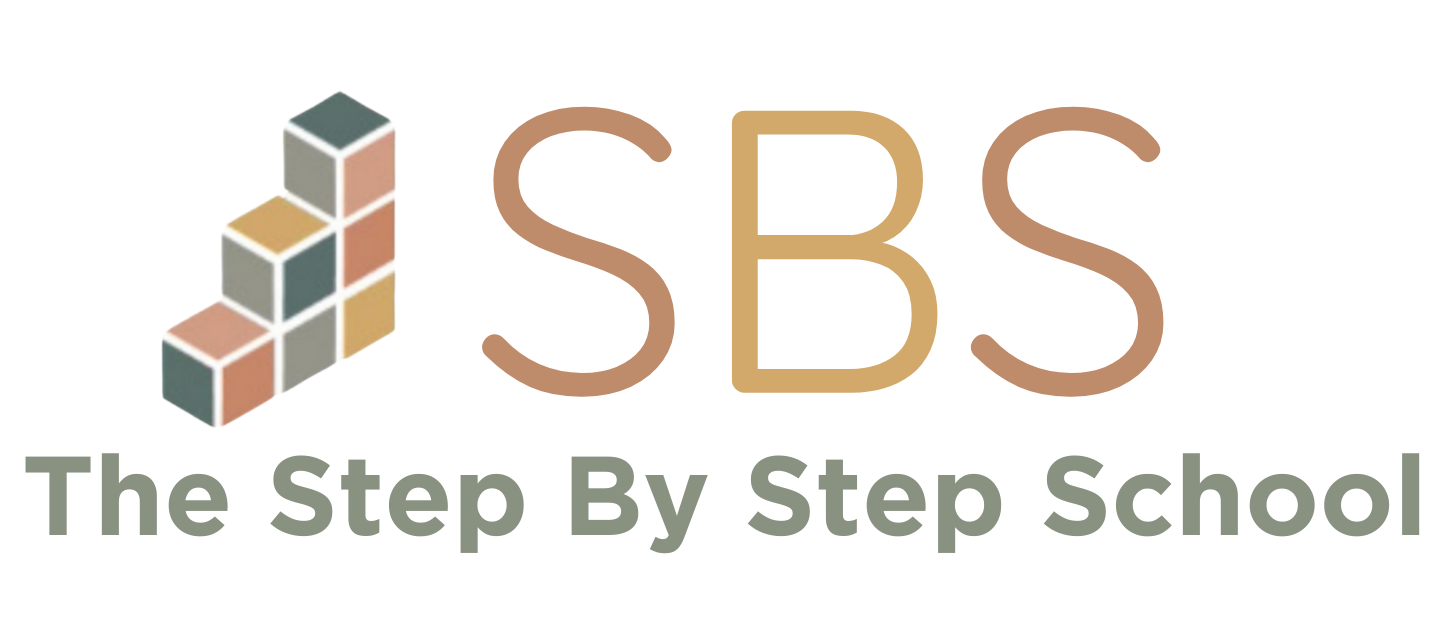Starting preschool is a big milestone—for both children and parents. It marks the beginning of a new chapter filled with learning, friendships, routines, and independence. But for many families, this transition also brings uncertainty and anxiety. How will your child adjust? Will they be comfortable in a new environment?
Whether you’re enrolling your child in a preschool in Hudson, Monroe, or the surrounding areas, it’s normal to have questions. Fortunately, with preparation and patience, the preschool transition can be smooth and positive.
This guide offers practical strategies to help your child feel confident and secure as they take their first big step into early education.
Why the Preschool Transition Matters
The first few weeks of preschool set the tone for your child’s relationship with learning and school. A positive transition builds trust, emotional resilience, and excitement about new experiences.
A smooth start at preschool helps children:
-
Develop a sense of routine
-
Build confidence in unfamiliar settings
-
Strengthen independence
-
Form early relationships with teachers and peers
Helping your child feel safe and supported during this shift can reduce stress and lead to a more successful and enjoyable preschool experience.
Prepare Early—and Talk About It Often
Start the preschool conversation weeks before the first day. Talk about what preschool is, what your child can expect, and how much fun it will be. Use simple, upbeat language and tailor your explanation to your child’s age.
You might say things like, “Preschool is a place where you’ll meet new friends, play with toys, and learn exciting things.”
In Hudson and Monroe, many preschools offer orientation days or meet-the-teacher events. Take advantage of these opportunities to familiarize your child with the environment.
Create a Goodbye Routine
Separation anxiety is common, especially during the first few days of preschool. A consistent goodbye ritual can help ease this emotional moment. Keep your goodbye short, calm, and reassuring.
For example:
-
A special handshake
-
A hug and “I’ll see you after snack time”
-
A wave from the window
Avoid sneaking out, as this can make your child feel unsure or abandoned. Trust builds when they know you’ll say goodbye and return as promised.
Practice Independence Skills
Preschool encourages children to do things on their own—put on their coat, open a lunchbox, use the bathroom, and clean up after play. Practicing these skills at home gives your child confidence in a new setting.
Work on:
-
Zipping jackets
-
Washing hands
-
Putting away toys
-
Carrying a backpack
Preschools in Monroe and Hudson often include these routines in daily activities, but starting at home helps smooth the adjustment.
Visit the Classroom Together
If possible, arrange a short visit to the classroom before the official start. Let your child explore the toys, meet the teacher, and see other children. Many Hudson and Monroe preschools schedule trial visits or open houses for this reason.
Familiarity helps reduce first-day nerves. Take photos of the classroom to revisit at home and reinforce excitement.
Stick to a Predictable Schedule
Children thrive on routine. In the weeks leading up to preschool, adjust your child’s bedtime, wake-up, and mealtime schedule to mirror what they’ll follow during the school week.
Mornings will feel less rushed, and your child will arrive at preschool more settled. Keep the after-school routine calm, allowing time for rest and connection.
Stay Positive and Patient
Children are very tuned in to adult emotions. If you’re anxious or unsure, they might pick up on it. Speak positively about preschool and the exciting adventures ahead.
That said, don’t dismiss their feelings. If your child cries or resists, acknowledge their emotions: “It’s okay to feel nervous. New things can feel big.”
With time, consistency, and reassurance, most children adjust within a few days or weeks.
Communicate with Teachers
The teachers at your child’s preschool are your best allies. Share any concerns or details about your child’s personality, preferences, or routines. Let them know if your child has special comfort items, communication styles, or triggers.
Preschools in Hudson and Monroe value open parent-teacher communication and often provide daily updates or check-ins during the early weeks.
Make Pick-Up a Celebration
When you pick your child up, be excited and ask open-ended questions like:
-
“What was your favorite thing today?”
-
“Did you play outside?”
-
“Who did you sit next to at lunch?”
This encourages reflection and keeps the preschool experience positive. If your child had a tough day, respond with empathy and encouragement, and remind them they’ll try again tomorrow.
The Long-Term Payoff
While the transition to preschool may come with emotional ups and downs, the long-term benefits are significant. Children learn to trust others, follow routines, build friendships, and develop foundational skills for future learning.
Families in Hudson, Monroe, and nearby areas often report that the transition period—though challenging—leads to stronger, more confident children.
If your child is about to begin preschool, remember: patience, preparation, and positivity go a long way.
FAQs About Transitioning to Preschool
1. How can I help my child adjust to preschool?
Start talking about preschool early. Visit the classroom, establish a goodbye routine, and build confidence through independence skills. Stay consistent and positive.
2. Is it normal for my child to cry when starting preschool?
Yes, crying is common during the first days or even weeks of preschool. With support, reassurance, and routine, most children adjust quickly.
3. What if my child refuses to go to preschool?
Stay calm and consistent. Validate their feelings but maintain expectations. Work with teachers in Hudson or Monroe to identify comfort strategies.
4. Should I stay at preschool the first day?
Many schools allow parents to stay briefly. Gradual separation can help, but it’s important to establish independence early. Follow the school’s guidance.
5. What if my child still struggles after a few weeks?
Talk to your child’s teacher about observations and patterns. Every child is different. Some may need more time, reassurance, or adjustments to the routine.









